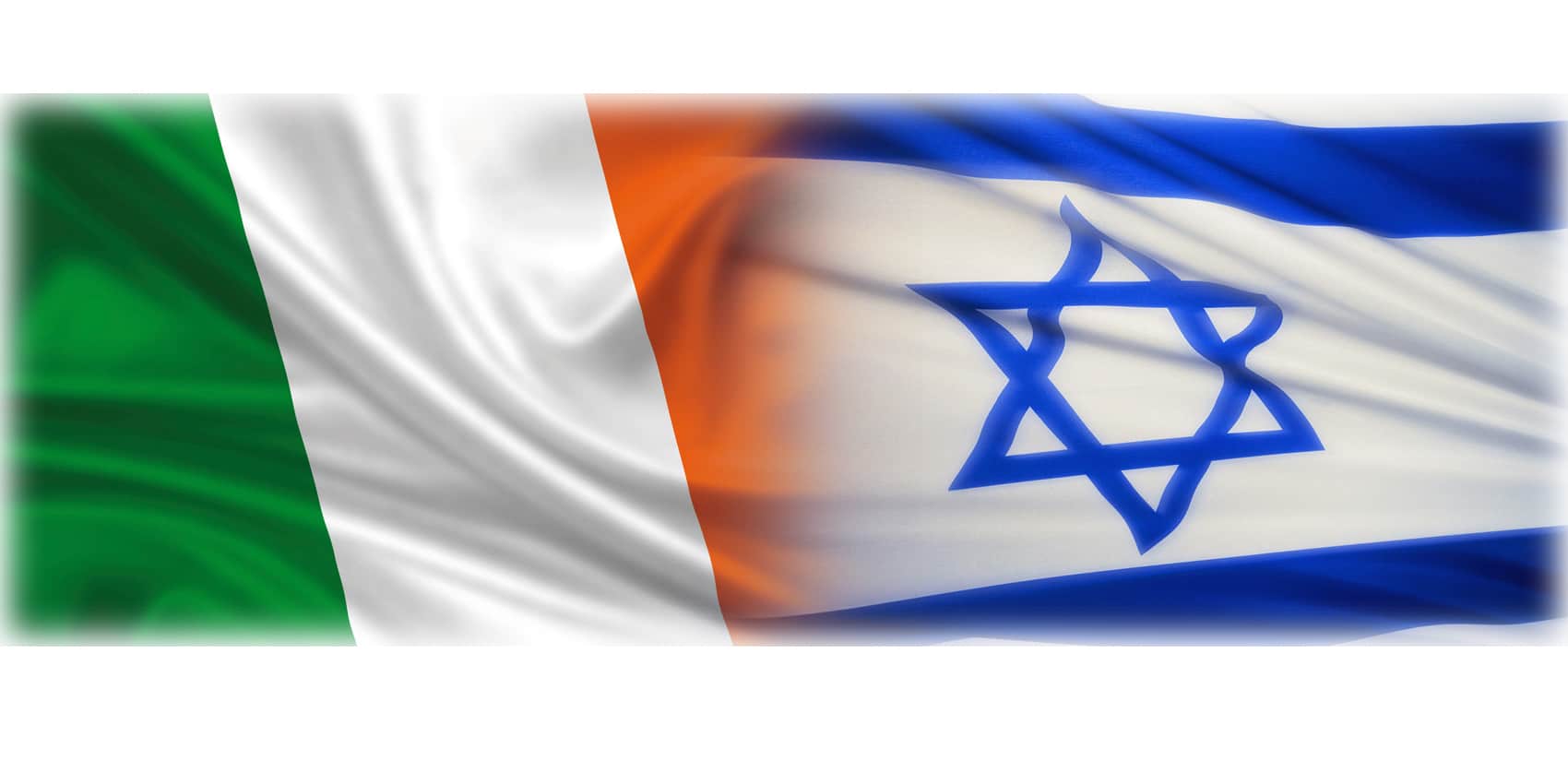Navigating the Complexities of an Evolving Conflict
The Israeli-Palestinian conflict has long been a source of intense debate and controversy, and recent events have only served to heighten tensions and underscore the urgent need for a resolution. Amidst this ongoing turmoil, a question that has gained increasing prominence is whether the Irish government will take a stand against Israel’s actions, specifically the accusations of genocide that have been levelled against the country. This article delves into the complexities of this issue, examining the historical context, diplomatic relations, and humanitarian concerns surrounding the conflict.
Unraveling the Historical Tapestry
To fully grasp the gravity of the situation, it is essential to delve into the historical complexities of the Israeli-Palestinian conflict. The roots of this conflict extend back centuries, intertwined with the rise of nationalism, religious identity, and territorial disputes. Understanding the historical context provides a foundation for comprehending the current dynamics and the challenges faced by any government attempting to mediate the situation.
A Delicate Dance of Diplomacy
The diplomatic relationship between Ireland and Israel has been marked by both cooperation and tension. Ireland’s historical ties with the Palestinian people, coupled with its strong commitment to human rights, have led to a stance that has often been critical of Israeli policies. However, Ireland has also maintained diplomatic channels with Israel, recognizing the importance of dialogue and negotiation in resolving the conflict.
The Accusation of Genocide: A Grave Charge
The accusation of genocide against Israel has been a source of heated debate and controversy. While some argue that the evidence supports such a charge, others maintain that it is an exaggeration or a mischaracterization of the situation. Understanding the legal and moral implications of the term “genocide” is crucial in evaluating these claims and forming an informed opinion.
Irish Public Opinion and Governmental Stances
Public opinion in Ireland has been divided on the issue of Israel’s actions in the Palestinian territories. While some Irish citizens support a strong stance against Israel, others advocate for a more nuanced approach, recognizing the complexities of the conflict. Understanding the dynamics of Irish public opinion is essential in predicting how the Irish government might approach the issue.
Humanitarian Concerns: The Human Cost of Conflict
Beyond the political and legal aspects, the Israeli-Palestinian conflict has had a devastating impact on the civilian populations involved. The displacement, loss of life, and economic hardship have caused immense suffering, demanding a humanitarian response from the international community.
The Media’s Influence: Shaping Public Perceptions
Media coverage plays a significant role in shaping public perceptions of the Israeli-Palestinian conflict. The framing of stories, the selection of sources, and the overall tone of reporting can significantly impact how people understand the conflict. Understanding the media’s influence is essential in evaluating the effectiveness of public discourse on the issue.
Diplomatic Initiatives: A Path to Resolution?
Over the years, various diplomatic initiatives have been proposed to resolve the Israeli-Palestinian conflict. These initiatives have taken various forms, including peace agreements, international conferences, and mediation efforts. While some of these initiatives have shown promise, achieving lasting peace remains a daunting challenge.
Global Response: The Role of International Allies
The response of other nations to the Israeli-Palestinian conflict is crucial in shaping the broader global discourse. The stances of key allies, such as the United States and the European Union, can significantly influence international pressure on Israel. Understanding the dynamics of international relations is essential in evaluating the prospects for resolving the conflict.
Drawing Lessons from History: Precedents for Genocide
Examining past genocides can provide valuable insights into the warning signs and potential consequences of such atrocities. By drawing parallels with historical events, we can better understand the gravity of the situation and the need for decisive action.
Legal Considerations: Navigating International Law
International laws related to genocide provide a framework for addressing accusations of mass atrocity. Understanding the legal implications of the Israeli-Palestinian conflict is essential in evaluating the potential for legal action against Israel.
Activism and Protests: The Power of Citizen Engagement
Global protests and activism have played a significant role in raising awareness and putting pressure on Israel to change its policies. Examining the role of Irish citizens and organizations in these movements highlights the power of grassroots activism in shaping public discourse and influencing government decisions.
The Imperative of Dialogue: Finding a Path Forward
Despite the complexities and challenges, dialogue remains essential in finding a resolution to the Israeli-Palestinian conflict. Open and honest communication, coupled with a commitment to compromise, is crucial in navigating the difficult terrain and seeking a just and lasting peace.
The Role of Social Media: Shaping Public Discourse about Israel’s genocide.
Social media has played a significant role in shaping public discourse about Israel’s genocide. With the rise of social media platforms, individuals from all over the world have been able to share their opinions and experiences with a wider audience. This has led to a more diverse and complex conversation about the ongoing conflict in Israel and Palestine. Social media has also allowed for the dissemination of information that may not have been covered by traditional news outlets, giving a voice to those who have been marginalized or silenced. However, social media has also been used to spread misinformation and propaganda, making it difficult for individuals to discern what is true and what is not. Despite these challenges, social media has undoubtedly played a crucial role in shaping public opinion about Israel’s genocide and will continue to do so in the future.
Conclusion
Israel, as a democratic nation, has a responsibility to uphold human rights and international law. Allegations of genocide are grave and should not be taken lightly. If these allegations are substantiated, it would signify a gross violation of human rights that cannot be ignored or swept under the rug. It is crucial for Ireland, as a nation known for its commitment to peace and justice, to take a stand on this issue.
